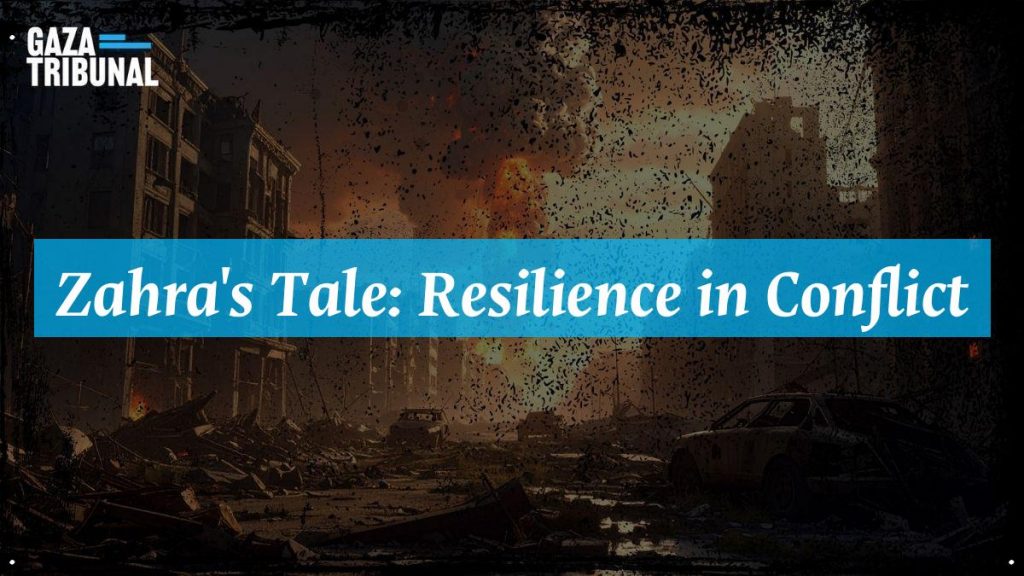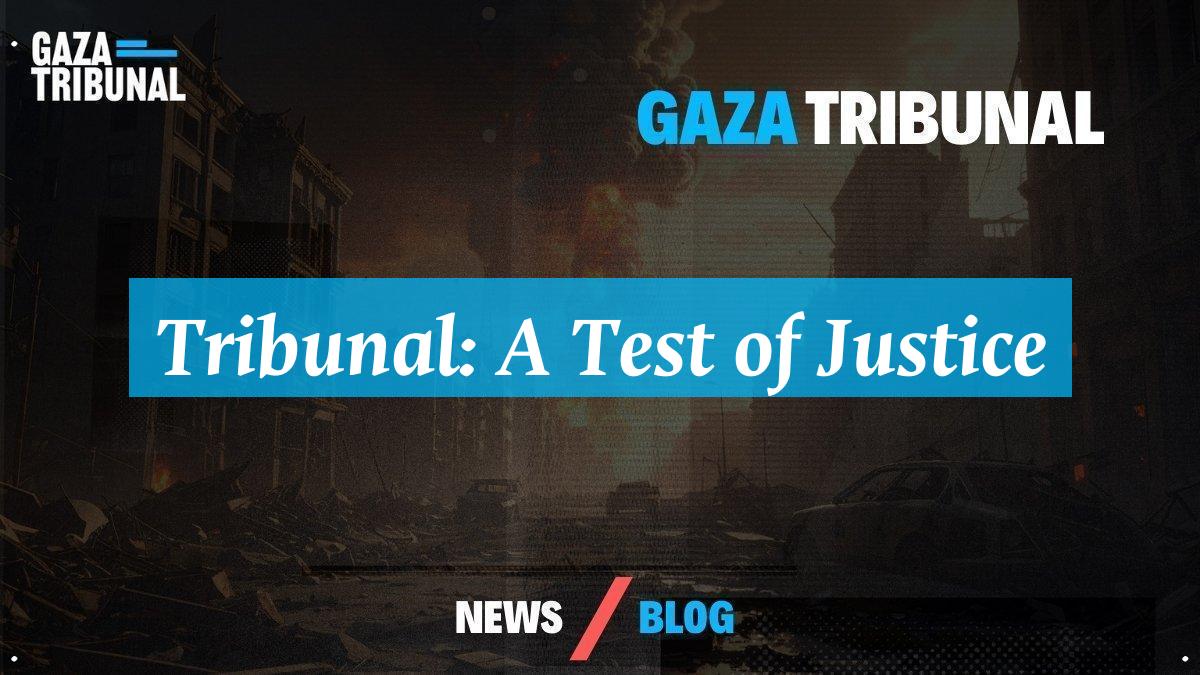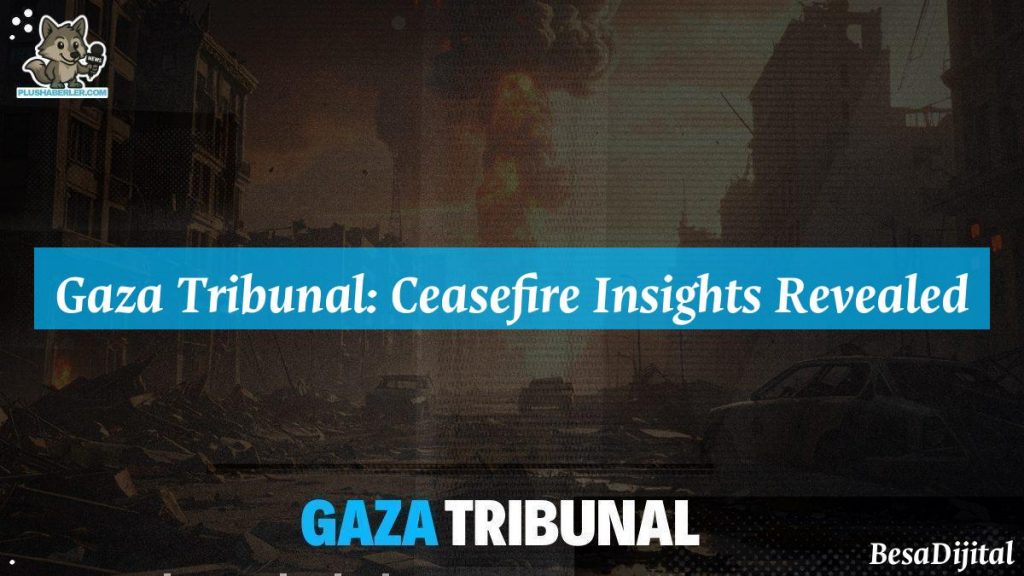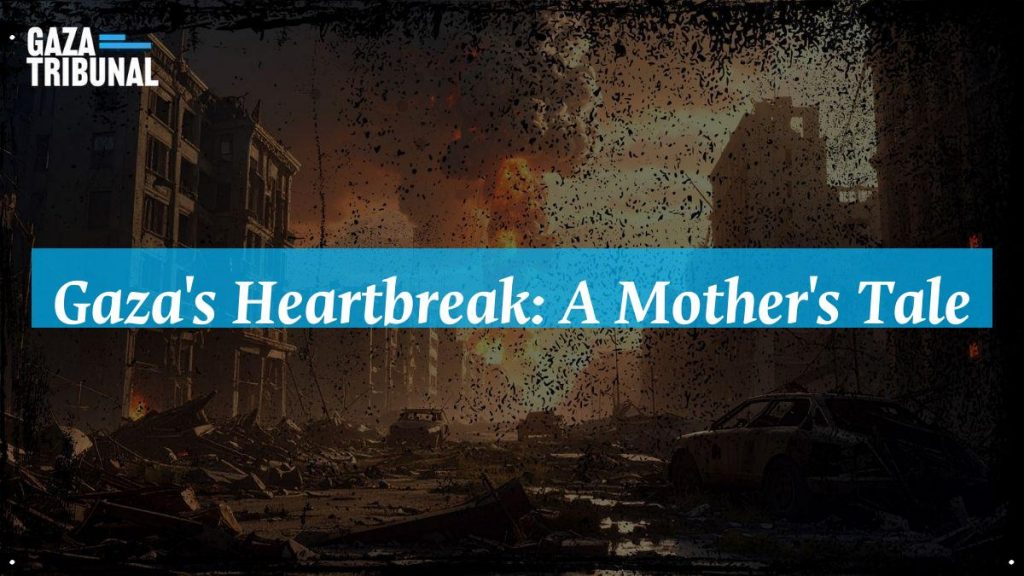Rana Abu Maammar’s homecoming, a moment filled with hope, dramatically unfolded into the tragic backdrop of the Hamas conflict. Upon returning to Gaza after years away, she envisioned joyful reunions with her family. Yet, as she entered her childhood home, a palpable tension filled the air, foreshadowing an impending storm of violence. “I wanted to savor every second with my family,” she lamented, but could anyone have predicted the horror that was to ensue? The contrast between her dreams and the grim reality left her grappling with disbelief. Thus began a descent from warmth into chaos, where safety became a distant memory in an increasingly volatile environment. For more insights into ongoing events, you can check the news category.

As Rana’s life spiraled into despair, her daughter Tala absorbed the violence surrounding them in ways no child should endure. “My children had never heard this kind of bombing,” Rana shared, illustrating the profound shift from innocence to trauma. Tala’s heartbreaking wish to be “martyred and go to heaven” resonated deeply, leaving Rana in utter disbelief. How could such a young child articulate a yearning for martyrdom? This chilling transformation prompted a reflection on the devastating impacts of the Hamas conflict on families and their sense of security. Ultimately, there’s an undeniable urgency to document these stories, emphasizing that they are not just personal grievances; they are legacies of survival that call for justice and accountability in the world. You can read more about similar stories on our homepage.
Gaza: A Return That Became a Nightmare – Hamas conflict
Rana Abu Maammar’s homecoming should have been a joyous reunion. She envisioned warm embraces, laughter, and the fulfillment of years of hard work. However, fate had a different plan. The moment she crossed the threshold of her childhood home, she felt a shift in the air. It was thick with an unspoken tension, a heaviness that hinted at impending tragedy. “I wanted to savor every second with my family,” she reflected. But who could have predicted the horror that awaited her? The warmth of home soon morphed into a chilling reality.

As the days passed, Rana found herself caught in a paradox. She craved connection, yet the looming specter of violence cast a shadow over every interaction. “I thought I had made the right choice,” she recalled. “But I never imagined it would lead to such devastation.” The bonds of family that she hoped to strengthen became the very ties that bound her to unimaginable suffering. The irony stung, and it left her questioning everything. Could she have foreseen this outcome? In hindsight, perhaps the signs were there, but they went unnoticed amidst her yearning for home. The chaos had taken hold, and her dreams faded into nightmares.
The Chaos of War: A Child’s Perspective
For Rana’s daughter Tala, the world shifted dramatically. The sounds of war shattered her innocence, leaving her grappling with fear and confusion. “My children had never heard this kind of bombing,” Rana explained, her voice heavy with emotion. In an instant, the comfort of childhood gave way to a harsh reality. Tala’s innocence faded, replaced by a haunting desire to escape. Yet, in a heartbreaking twist, her last words revealed a profound shift in her understanding of life and death.
“Mama, I don’t want to travel anymore. I want to be martyred and go to heaven.” Those words echoed in Rana’s mind, a chilling reminder of the trauma that enveloped their lives. How could a child, barely ten, articulate such a desire? Tala’s innocence clashed with the brutality of war. She sought solace in a world beyond this one, one free from pain. Rana struggled to comprehend this transformation. “I wanted to protect her,” she said, “yet I felt powerless against the tide of violence.” Each day became a battle to shield her daughter from the harsh realities of their existence.
The Aftermath: A Mother’s Grief – Hamas conflict
In the aftermath of the bombing, Rana faced a harrowing reality. The once-vibrant family home now stood in ruins, a stark reminder of the lives lost. “I had to identify my mother by her socks,” Rana recounted, her voice trembling. The weight of loss crushed her spirit. She felt as if the world had crumbled beneath her, leaving only fragments of memories behind. “Each name I utter is a reminder of the void they left,” she lamented. The grief felt insurmountable, yet she pressed on.
Rana’s grief became an unending cycle. She remembered her father, her brothers, and her beloved daughter. “Each birthday feels like a reminder of their absence,” she said. “I write, ‘The second birthday of non-life’ because we are alive but not truly living.” The scars of war lingered, not just on her body but in her heart. Hope felt distant, almost unattainable. Yet, she clung to the belief that her story mattered. “I must document this pain,” she declared. “It’s my way of honoring them.” Even in her darkest moments, the flicker of hope pushed her forward, urging her to share her truth.

Documenting the Truth: A Call for Justice
Rana recognizes the importance of preserving her story. She believes that documentation serves a greater purpose. “This isn’t just my grief; it’s a collective memory,” she stated. By sharing her testimony, she contributes to a larger narrative of survival and resistance. Each account adds to the tapestry of truth, challenging those who wish to erase the past. “We were here. We lived,” she emphasized. Her voice joins countless others, demanding justice and accountability. The journey is arduous, yet it feels necessary. For original source details, visit this link.
As she navigates her new reality, Rana finds strength in community. “I’m not alone in this fight,” she asserts. Together, survivors share their stories, amplifying their call for justice. “We owe it to our loved ones to ensure their stories are heard,” she said. With every word, she builds a bridge between the past and future. Thank you for listening to Rana’s story. It’s a reminder that even in darkness, hope can persist. Let’s carry these stories forward and ensure they are never forgotten. Together, we can make a difference!


